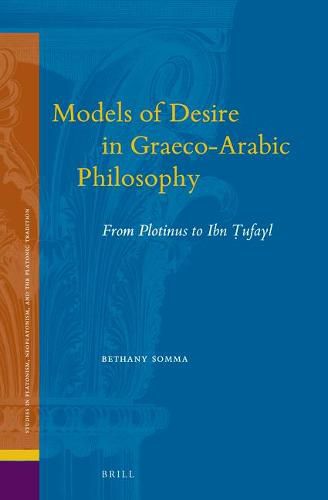Readings Newsletter
Become a Readings Member to make your shopping experience even easier.
Sign in or sign up for free!
You’re not far away from qualifying for FREE standard shipping within Australia
You’ve qualified for FREE standard shipping within Australia
The cart is loading…






This study argues that late ancient Greek and medieval Islamic philosophers interpret human desire along two frameworks in reaction to Aristotle’s philosophy. The investigation of the model dichotomy unfolds historically from the philosophy of Plotinus through the Graeco-Arabic translation movement in 8th-10th century Baghdad to 12th century al-Andalus with the philosophy of Ibn BaGGa and Ibn Tufayl.
Diverging on desire’s inherent or non-inherent relation to the desiring subject, the two models reveal that the desire’s role can orient opposed accounts of human perfection: logically-structured demonstrative knowledge versus an ineffable witnessing of the truth. Understanding desire along these models, philosophers incorporated supra-rational aspects into philosophical accounts of the human being.
$9.00 standard shipping within Australia
FREE standard shipping within Australia for orders over $100.00
Express & International shipping calculated at checkout
Stock availability can be subject to change without notice. We recommend calling the shop or contacting our online team to check availability of low stock items. Please see our Shopping Online page for more details.
This study argues that late ancient Greek and medieval Islamic philosophers interpret human desire along two frameworks in reaction to Aristotle’s philosophy. The investigation of the model dichotomy unfolds historically from the philosophy of Plotinus through the Graeco-Arabic translation movement in 8th-10th century Baghdad to 12th century al-Andalus with the philosophy of Ibn BaGGa and Ibn Tufayl.
Diverging on desire’s inherent or non-inherent relation to the desiring subject, the two models reveal that the desire’s role can orient opposed accounts of human perfection: logically-structured demonstrative knowledge versus an ineffable witnessing of the truth. Understanding desire along these models, philosophers incorporated supra-rational aspects into philosophical accounts of the human being.